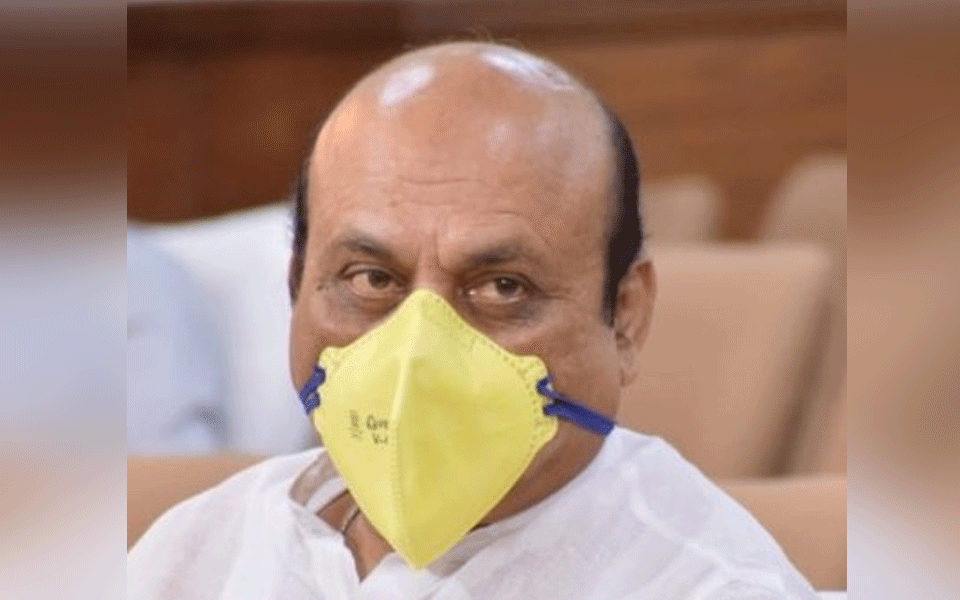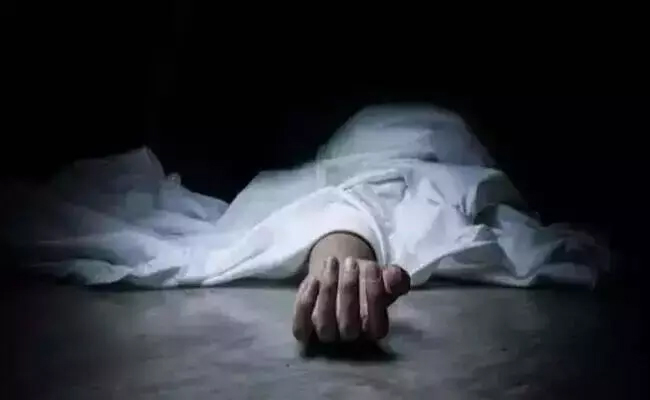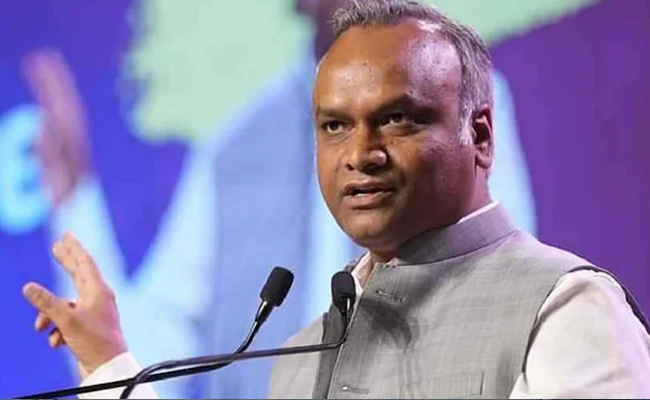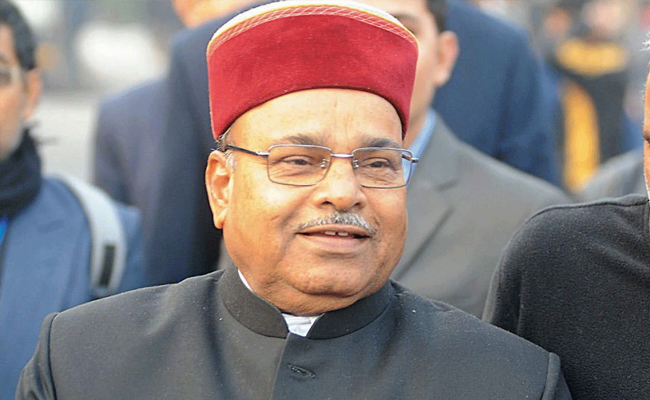New Delhi: Karnataka Chief Minister Basavaraj Bommai has said the Centre has agreed to give last year's pending GST compensation of Rs 11,400 crore at the earliest in instalments.
His statement came after meeting Union Finance Minister Nirmal Sitharaman in the national capital on Friday.
He said the funds are required urgently to meet the Covid-19 and other expenses in the state.
"I have requested for payment of last year dues in GST compensation of Rs 11,400 crore. The FM has agreed to give it in instalments. She will start releasing it immediately," Bommai told reporters after the meeting.
Bommai, who is also a member of the GST Council, said the state had received a GST compensation of Rs 12,000 crore for the 2020-21 fiscal. However, the pending amount was Rs 11,400 crore, he said.
The chief minister also sought early release of GST compensation of about Rs 18,000 crore for the current fiscal and funds for the centrally sponsored schemes.
"She (FM) has promised a lot of help for the agriculture sector through NABARD," he said.
This was his first visit to Delhi after becoming the chief minister.
On the second day of his visit, the chief minister also called on Parliamentary Affairs Minister Pralhad Joshi.
He also visited Raj Ghat to pay tribute to Mahatma Gandhi. He also paid tribute to former prime minister Atal Bihari Vajpayee at his memorial Sadaiv Atal here.
On Friday, Bommai had called on Prime Minister Narendra Modi. He also met Home Minister Amit Shah and Defence Minister Rajnath Singh.
He had also met MPs from the state at Hotel Ashoka here.
Bommai, who was elected as the new leader of the BJP legislature party on Tuesday, following B S Yediyurappa's resignation, took oath as the chief minister on Wednesday.
Let the Truth be known. If you read VB and like VB, please be a VB Supporter and Help us deliver the Truth to one and all.
Howrah (PTI): Four members of a family were charred to death in a fire at their house in West Bengal's Howrah district, officials said on Monday morning.
The incident happened in Sauria village in the Joypur police station area around midnight, they said.
ALSO READ: IAF MI-17 helicopter transports Pench tigress from MP's Sukatra airstrip to Rajasthan
The deceased were identified as Durjodhan Dolui (72), his son Dudhkumar Dolui (45), daughter-in-law Shibani Dolui (40), and granddaughter Shampa Dolui (15).
An investigation is underway to ascertain how the kuchcha house caught fire, officials said.
Two fire tenders doused the blaze, they said.
The bodies have been sent to a government hospital in Uluberia for post-mortem examination, they said.
The family was very poor, officials said, adding that Dudhkumar also has a son, who works as a migrant labourer outside the state.





